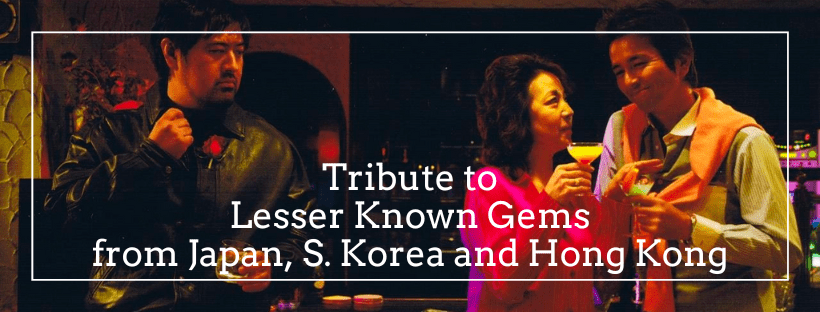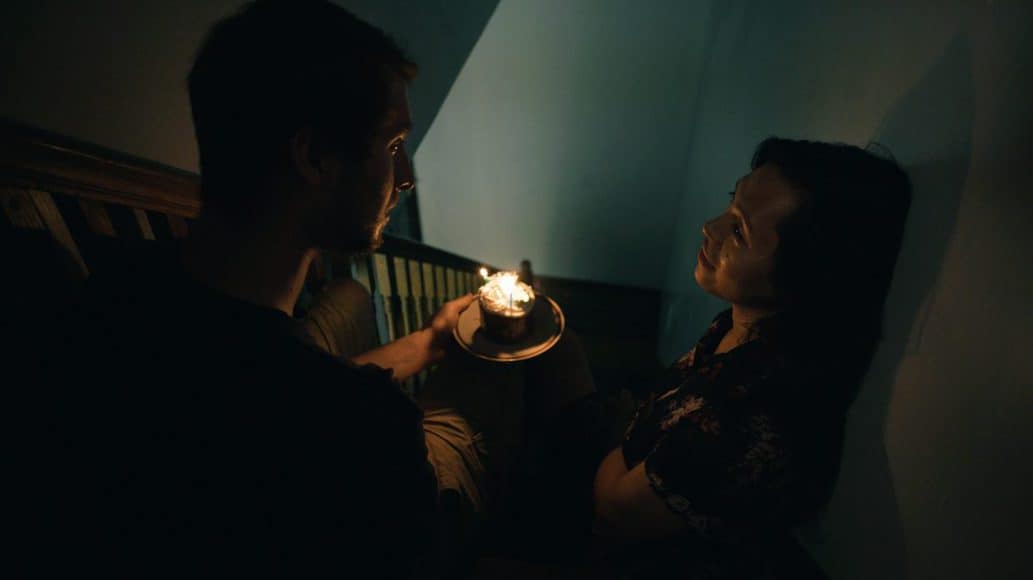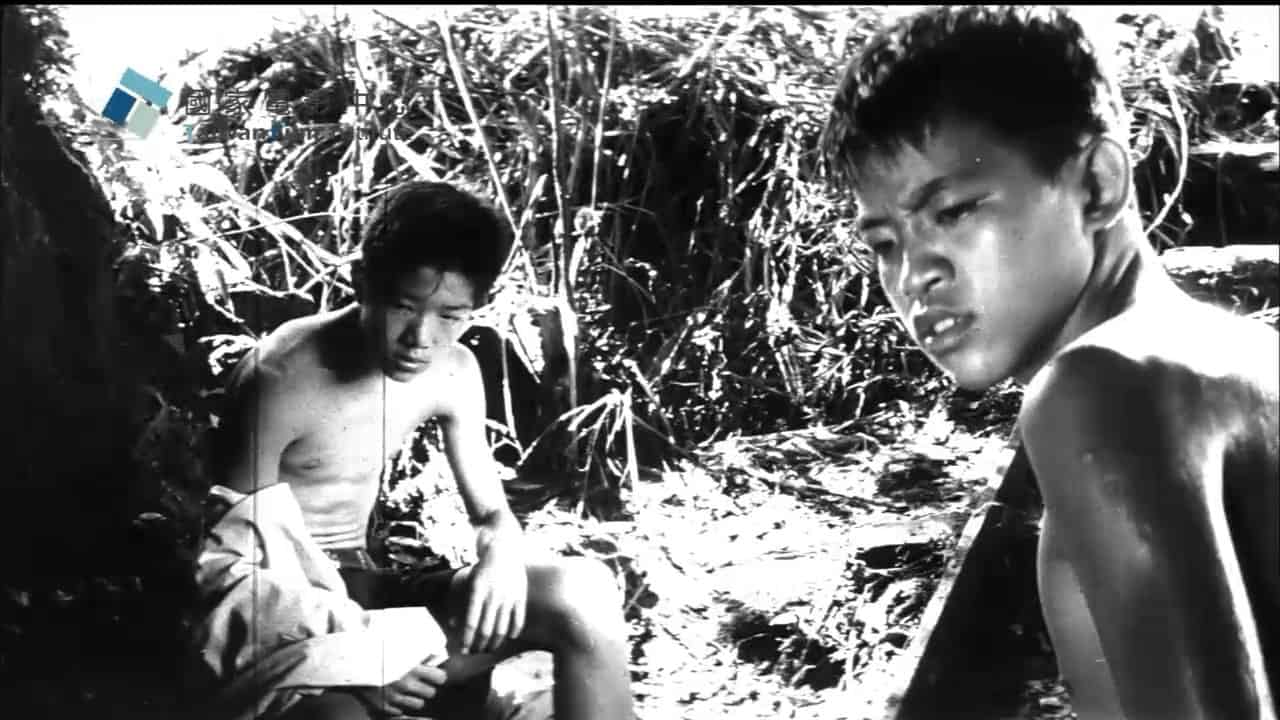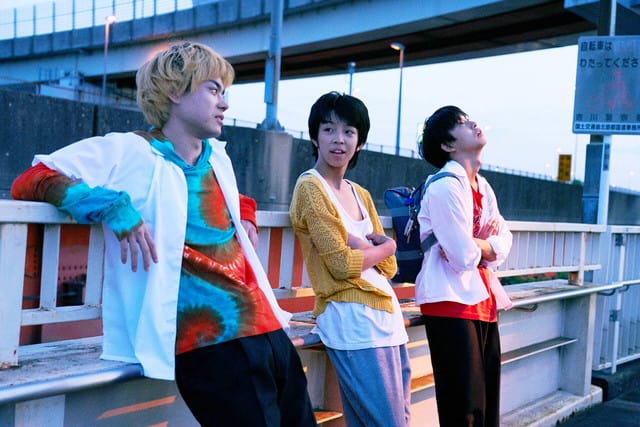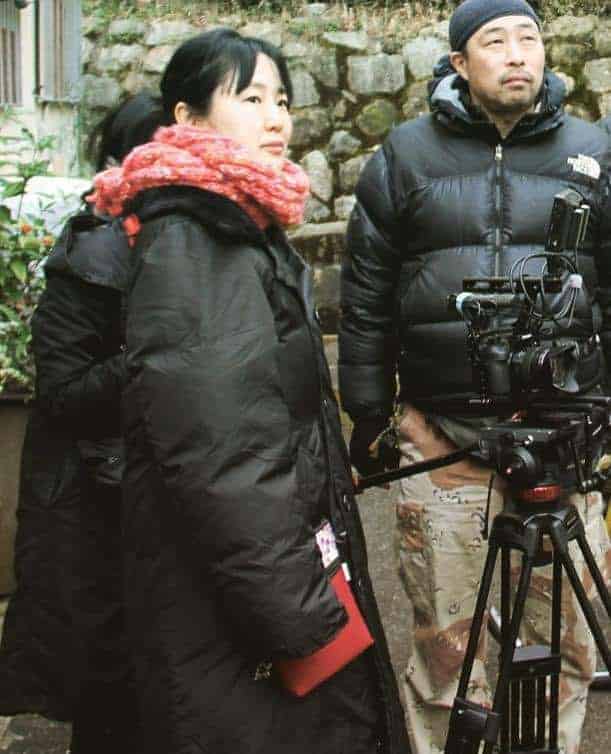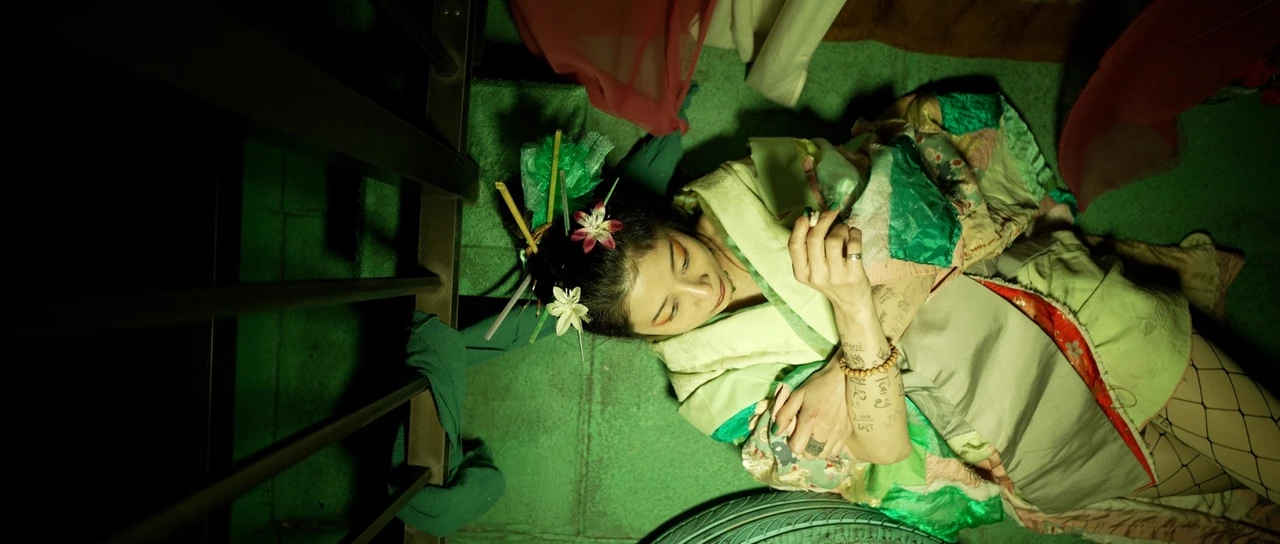by Siria Fallleroni
After his first feature film “Afternoon Breezes” (1980), Hitoshi Yazaki directed “March Comes in Like a Lion” (1991), a cruel but visually stunning fable regarding the visceral relationship between siblings. Although the title is the same as the award-winning manga “March comes in like a lion”, written and illustrated by Chika Umino, the two works are poles apart. “Afternoon Breezes” depicted the main character's repressed homosexuality, showing how her crush on roommate Mitsu slowly evolves into an obsession, while his second feature revolves around the sensitive theme of incest.
The preamble of the story is extremely straightforward as well as puzzling: “There was a boy and his sister. The girl adored her brother and hoped to one day be his lover. One day, the boy lost his memory, the girl decided to be his lover until he regained his memory”. Set in a decadent Tokyo under construction, events take place in March, described as the “time of storms between the ice and flower season”. Not coincidentally, when Natsuko – played by actress Yoshiko Yura – chooses to become her brother's girlfriend, she decides to rename herself “ice”. Changing her name signals the end of her life as a sister, yet the risk of her former brother regaining all the lost memories is thin, precisely, like ice.
The couple either spends their days in a bare apartment, wandering the capital's busy streets, or taking motorcycle rides. Given the almost total lack of dialogue, we are never made aware of the history of the two, nor do we end up getting to know the characters' inner selves except for brief glimpses. The distinguishing characteristics of the duo are essentially two, as mentioned by Ice herself: she is a liar and Haruo suffers from amnesia. From a purely visual point of view, however, the pair of lovers-siblings is utterly iconic. Ice is always walking around in a pair of red heels and a portable cooler bag from which she constantly pulls out white popsicles, whilst her brother Haruo – impersonated by Cho Bang-ho – wears a Blues Brothers-like hat and round black glasses.
However, the predominance of silence – sporadically interrupted by the background noises of Tokyo construction sites – has to be understood as a structural presence in Hitoshi Yazaki's film. First, the lack of words stands for the director's lack of moral judgment towards what is socially regarded as deviance. From the Latin word incestum, literally “impure”, it is common knowledge that incest has always been considered taboo, yet here Ice and Haruo's relationship is exempt from any value opinion. Moreover, the absence of dialogue restores a naïf, almost childlike atmosphere to the story, bringing the two brothers back to when they were simply children and their relationship was one of pure love.
At the same time, the quietness allows more instinctive feelings to come to light. For example, Haruo's memory retrieval process occurs through the rediscovery of emotions; several times he exclaims in amazement “I remember this feeling”. In another scene, Ice tells his brother “If you should recover your memory, just go away without saying anything”, because using words to rationalize their relationship would be unbearable.
Another predominant element is the use of photography as a means of fragmentation and reconstruction of the self. For example, the film opens with a close-up of some photos of Ice and Haruo as children. The same photos will later be thrown by Ice into the water. As she sees them floating, she decides to take a Polaroid of the photos about to sink. Moreover, throughout the entire film, we see the girl attaching and disseminating Polaroids of herself in various spots around the city.
Photographic practice allows the protagonist to crystallize and protect her memories, shielding them from the cruelty of reality. In the past, she was forced out of the dreamy state of childhood by understanding that she could not love her brother. Now that she has succeeded in achieving her goal, this absurd fantasy continues to be threatened. What to do then? Just take a photo to remember happiness.
“March comes in like a lion” succeeds perfectly in creating a bittersweet story about love, childhood, and hopeless relationships.




